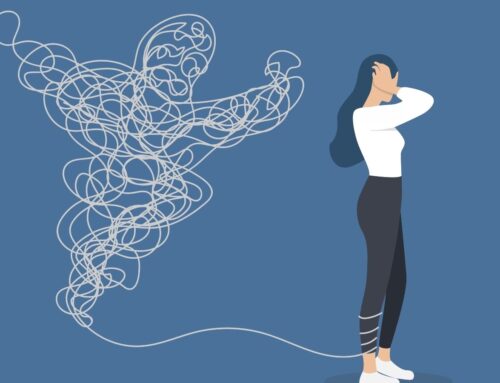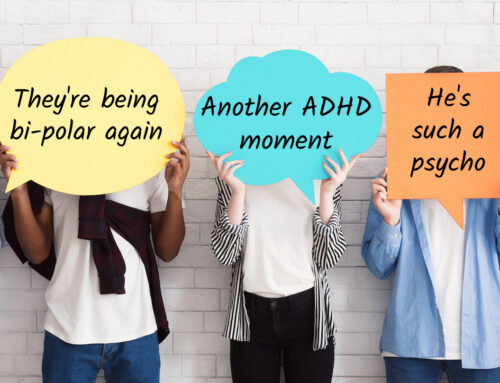Recently I heard a brief news radio report on the scarcity mindset and its impact on decision-making and behavior. The radio story focused on the work of Eldar Shafir and Sendhil Mullainathan and their book Scarcity: The New Science of Having Less and How It Defines Our Lives. These authors researched the connection between the stress of having limited resources and the day-to-day choices we make.
While parts of their study focused on poverty and financial strain, the impact of the scarcity mindset could also be applied to limitations regarding other precious resources, such as: food, healthcare, or time. They proposed that when we ascertain that we have inadequate resources or limited access to something we desperately need, our brain becomes acutely focused on urgent, short-term goals (often to the detriment of our long-term needs). This way of thinking can result in impaired planning and decision-making that has a negative impact on our ability to strategize and allocate resources effectively to meet long-term goals. In short, not having enough of a crucial resource (and the related stress) impacts our thinking and behavior.
There are a limited number of scenarios in which scarcity can create a sense of urgency and help us focus on immediate needs. However, when essential resources are involved, and when the lack of these resources hinders our ability to acquire necessities (such as in the case of poverty or financial hardship), the psychological impact is very frequently negative. Shafir and Mullainathan’s work asserts that scarcity has a detrimental effect on cognitive functioning, including one’s ability to plan, think clearly, problem-solve, and exert self-control.
Hearing these ideas about scarcity and decision-making gave me some perspective on my own mindset and behavior when under stress. In addition, it is not hard to see how those with prolonged exposure to scarcity and stress can be less able to direct cognitive resources towards long-term planning. Hopefully, with these factors in mind, we can gain a more three-dimensional understanding of the impact that scarcity has on the thinking and behavior of others so that we might offer resources and support in empathetic and effective ways.
References:
http://www.npr.org/2014/01/02/259082836/how-scarcity-mentaly-affects-our-thinking-behavior
http://www.npr.org/2017/03/23/521195903/how-the-scarcity-mindset-can-make-problems-worse





